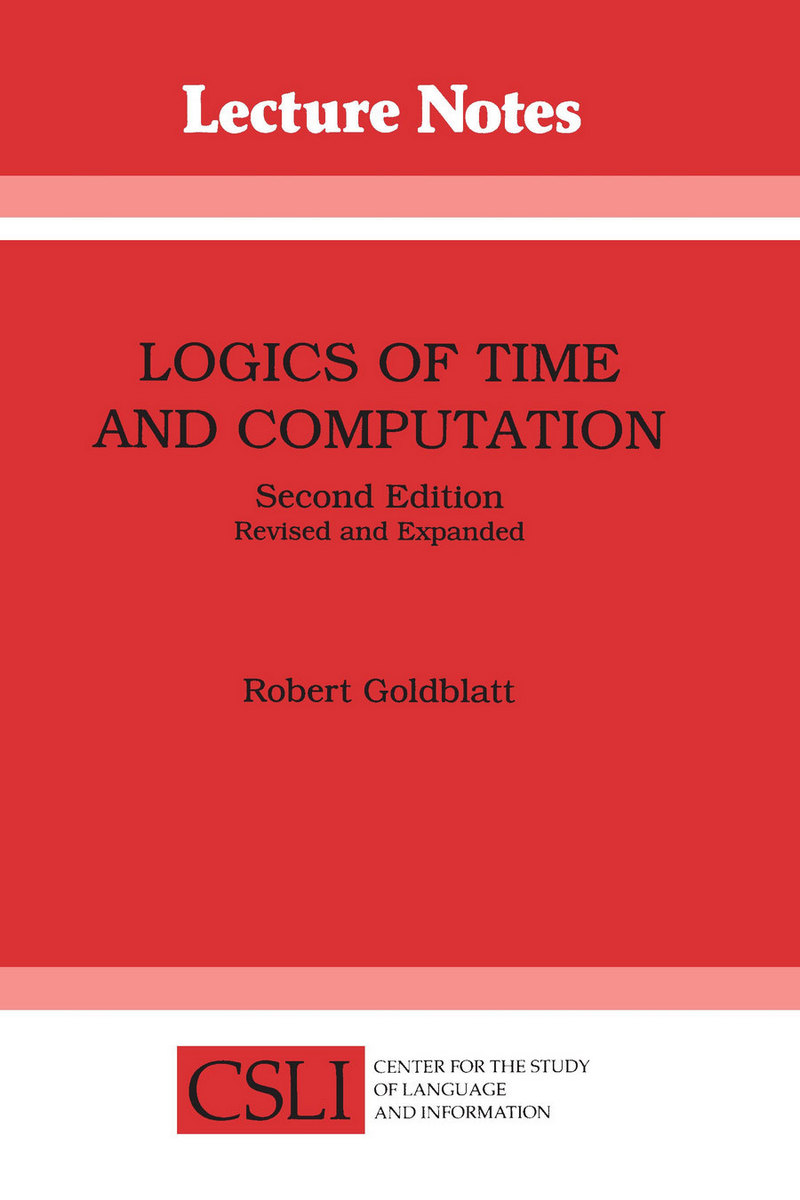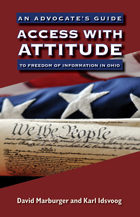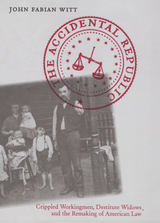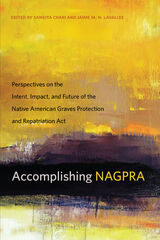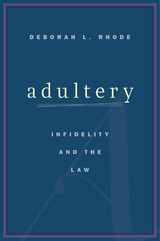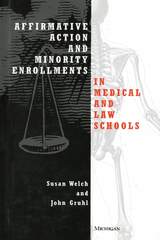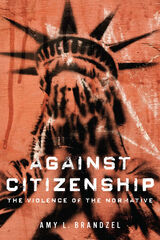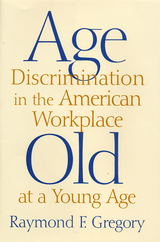Logics of Time and Computation
CSLI, 1992
Cloth: 978-0-937073-93-3 | Paper: 978-0-937073-94-0 | eISBN: 978-1-57586-800-4
See other books on: Computation | Goldblatt, Robert | Logic | Logics | Mathematics
See other titles from CSLI
Cloth: 978-0-937073-93-3 | Paper: 978-0-937073-94-0 | eISBN: 978-1-57586-800-4
ABOUT THIS BOOK | TOC
ABOUT THIS BOOK
"This is a short but excellent introduction to modal, temporal, and dynamic logic....It manages to cover, in highly readable style, the basic completeness, decidability, and expressability results in a variety of logics of the three kinds considered." -Rohit Parikh, reviewing the first edition in the Journal of Symbolic Logic.
Now revised and significantly expanded, this textbook introduces modal logic and examines the relevance of modal systems for theoretical computer science. Golblatt sets out a basic theory of normal modal and temporal propositional logics, including issues such as completeness proofs, decidability, first-order defiability, and canonicity. The basic theory is then applied to logics of discrete, dense, and continuous time; to the temporal logic of concurrent programs involving the connectives henceforth, next , anduntil; and to the dynamic logic of regular programs.
New material for the second edition extends the temporal logic of concurrency to branching time, studying a system of Computational Tree Logic that formalizes reasoning about behavior. Dynamic logic is also extended to the case of concurrency, intorducing a connective for the parallel execution of commands. A seperate section is devoted to the quantificational dynamic logic. Numerous excercises are included for use in the classroom.
Robert Goldblatt is a professor of pure mathematics at the Victoria University of Wellington, New Zealand.
Center for the Study of Language and Information- Lecture Notes, Number 7
Now revised and significantly expanded, this textbook introduces modal logic and examines the relevance of modal systems for theoretical computer science. Golblatt sets out a basic theory of normal modal and temporal propositional logics, including issues such as completeness proofs, decidability, first-order defiability, and canonicity. The basic theory is then applied to logics of discrete, dense, and continuous time; to the temporal logic of concurrent programs involving the connectives henceforth, next , anduntil; and to the dynamic logic of regular programs.
New material for the second edition extends the temporal logic of concurrency to branching time, studying a system of Computational Tree Logic that formalizes reasoning about behavior. Dynamic logic is also extended to the case of concurrency, intorducing a connective for the parallel execution of commands. A seperate section is devoted to the quantificational dynamic logic. Numerous excercises are included for use in the classroom.
Robert Goldblatt is a professor of pure mathematics at the Victoria University of Wellington, New Zealand.
Center for the Study of Language and Information- Lecture Notes, Number 7
See other books on: Computation | Goldblatt, Robert | Logic | Logics | Mathematics
See other titles from CSLI
